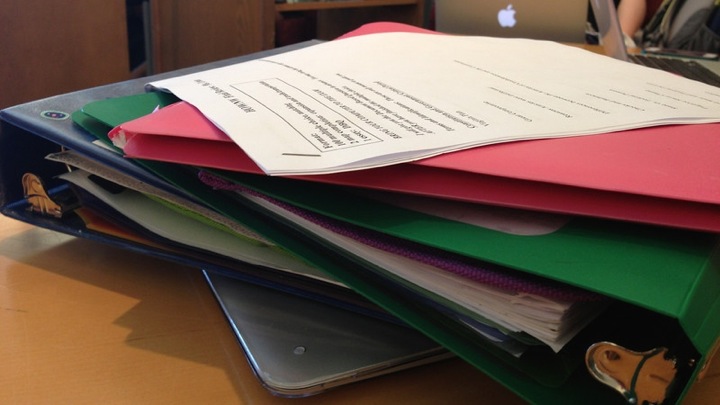Your donation will support the student journalists of Wayland High School. Your contribution will allow us to purchase equipment, cover our annual website hosting costs and sponsor admission and traveling costs for the annual JEA journalism convention.
Massachusetts voters prepare to vote on the expansion of charter schools
November 8, 2016
On November 8th, Massachusetts voters will not only help decide the next president, but also vote on four state ballot questions. These questions will include the right to have slot machines, the expansion of charter schools, the treatment of farm animals and the legalization of recreational marijuana.
One of the more controversial topics is the expansion of charter schools, an issue addressed by the second Massachusetts ballot question. If this bill passes, the Massachusetts Department of Education will authorize up to 12 new charter schools or enrollment expansions in existing charter schools. If this bill is not passed, the current charter school cap of 120 will remain.
A charter school is defined as a publicly funded, independent school established by parents, teachers or community groups under the terms of a charter with local or national authority. There are currently 71 charter schools in Massachusetts, with over 30,000 students enrolled. There are also currently 33,000 students on a waiting list to get into any charter school in Boston. In order for these charter schools to be funded, a small percentage of budget must be taken from Boston’s public school system. This is where the majority of disagreement comes from on this issue.
One view is that the charter schools provide a high quality education for students whose families cannot financially support anything other than the Boston public school system, similar to the education students may receive in wealthy suburban areas.
“I think that the more charter schools in Boston the better, because it creates a sense of competition for Boston public schools,” junior Gabi Smith said. “It makes the public schools strive to be better and increases the overall quality of education in Boston.”
The opposing view is that charter schools take money from the public schools in Boston, where over 74% of students in Boston currently attend.
“I feel like we need to be focused on improving our baseline school systems rather than focus on providing alternatives from which we are sending kids away from,” junior Jeffrey Prince said. “Some will argue that from a financial standpoint, charter schools take nothing away from public schools. That’s not the point. The point is that focusing on alternates to our public schools sends a message that we aren’t totally focused on on improve those public schools.”
No matter the conclusion at which Massachusetts voters will arrive, the state’s public education system will be greatly affected.
